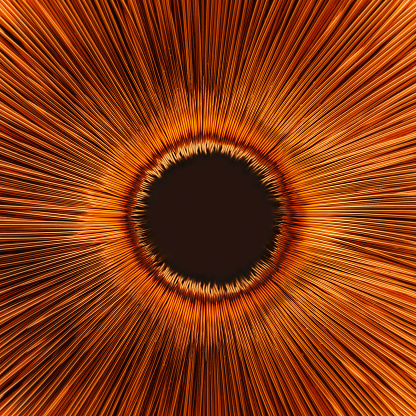


The holistic art of medicine
Publishers say a key principle in writing an engaging book is to grab your reader at the start with an attention getting hook.
Dr David Beaumont doesn’t hold back in his latest effort. He begins, literally, with a heart attack in 2003.
His own.
The Aotearoa based occupational and environmental medicine (OEM) physician will be familiar to many Fellows, mainly as Congress Lead Fellow in 2018 and 2019. What may be less well known is that he’s also written several books.
His latest, Positive Medicine: Disrupting the Future of Medical Practice, (Oxford University Press), is a direct challenge to the current medical establishment. He describes it as a manifesto.
“I’d trained and practiced in a system that focused purely on disease, regardless of what was happening in patient’s lives,” he says. “The training of new doctors is now changing, but the system itself is still set up to ‘fix’ people. The medical system still doesn’t consider the social determinants of health and that what happens to us during our lives directly affects our health.”
His eureka moment that inspired this book came during an RACP event, the 2018 Congress in Auckland, and specifically the opening address by Aotearoa New Zealand health luminary, psychiatrist Sir Mason Durie ONZM.
“Sir Mason spoke of Māori acknowledging that the spiritual element of a patient’s life course was critical in fully understanding physical manifestations of a patient’s health.
“In my own case, my training, my transition from being a GP to OEM physician, my relocation from the United Kingdom to Aotearoa New Zealand and my belief systems at the time were all part of the lead up to my own heart attack.”
The ‘system’ at the time dealt well with his heart attack, he says. But it is now struggling with the multi-factorial and multi-cultural views of the effects of social determinants on individual health, and more informed patients.
Hauora Māori, the Maori philosophy of health and wellbeing and topic of Sir Mason’s address, takes a much more holistic view.
There are four dimensions of hauora: taha tinana (physical well-being – health), taha hinengaro (mental and emotional well-being – self-confidence), taha whanau (social well-being – self-esteem) and taha wairua (spiritual well-being – personal beliefs).
Dr Beaumont’s book is wide ranging. He even concludes with an epilogue to Ivan Illich, the influential Austrian philosopher, who in his 1975 book, Medical Nemesis, made a case for Western cultures’ tendencies to over-medicalise and pathologise normal conditions.
And he makes a stark assertion.
“The 1970’s medical school model is itself facing its nemesis. We must move full circle and fundamentally change the way we interact with patients – moving from a traditional and hierarchical doctor-patient relationship to a doctor-person partnership. Many doctors understand that – and are already endeavouring to practice in that way, but the question I ask is 'Can we reorient the entire medical system to this model?'”
The question is timely in Aotearoa New Zealand.
In April the country announced its most fundamental healthcare reform for decades. All 20 district health boards will be replaced with a new Crown entity, Health New Zealand, which will be responsible for running hospitals and commissioning primary and community health services.
A new Māori Health Authority will monitor the state of Māori health and have the ability to commission services directly.
David says the Hauora Māori philosophy resonated tremendously with him. “I felt like I had come full circle from Sheffield Medical School 40 years ago, reading the slate plaque on the building Ars Longa, Vita Brevis, the Latin translation of the Greek aphorism, Art is long, but life is short.
“Medicine is both an art and a science. Our role is to apply that art and science to the whole of life.”
Positive Medicine: Disrupting the Future of Medical Practice is available for purchase on Positive Medicine’s website and the epilogue is available for you to read via Oxford University Press.

